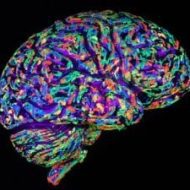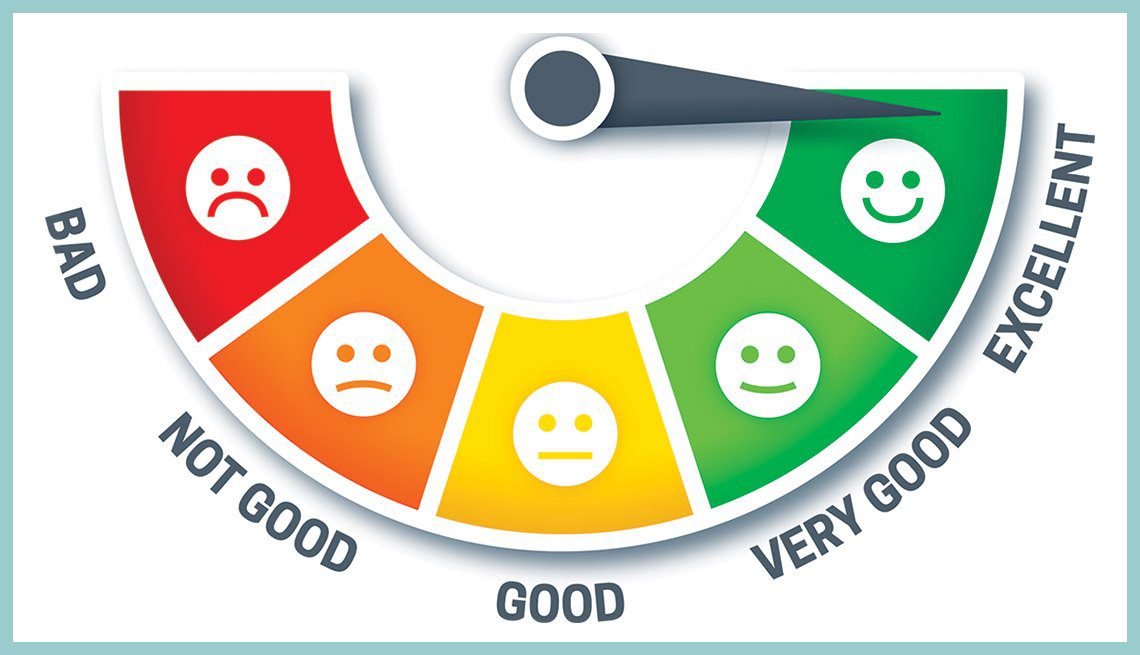WARNING: NOT SAFE reading material with use of marijuana, and particularly not industry-manufactured prescriptions made for the masses
Best read late at night, after midnight, with Depeche Mode’s “Wrong” on repeat, played loudy. Loud enough to almost interfere with the ability to read. (Alternative music: Atomica Project’s “Recent” is a great tune for this).
Chemicals: one alcoholic beverage, no more no less.
CREDIBILITY Defined as “the quality of being trusted and believed in,” an alternative definition is “the quality of being convincing and believable.” There is obviously an issue of a dichotomous subjective-objective interpretation in the meaning of the word credible. Social life is rife with subjectivity, infinitely intricate prisms of perception between individual nodes. It’s well within safe boundaries to say that humans are biased in nearly every facet of thought. Therefore, credibility of sources external to the self will always be determined internally by something mysterious. The internal workings of an individual’s thought processes, shape of conscience, ideological map, and emotional-intellectual connectivity, and treatment of nuanced randomness using “bias” (once known as personal judgment or discretion) are largely products of socialization.
When taking this into consideration along with the general scientific frameworks given by the fields of neuroscience and psychology—that is to say anything related to the physical transmission of electro-chemical neurons in the cerebral cortex system to the nature of individuality in the emotional processes in limbic and core systems, and measured against the metaphysical nature of psychology as relationships, meaning, purpose, logic and divinity…where physical and metaphysical dance in unison—there must be some sort of developed conscience in the brains and minds of particular groupings of people.
In other words, humans tendency to bond through the process of gaining a sense of identity over certain traits, characteristics, ideological qualities, and nuanced behavioral subtleties, portrayed in ways from verbal tone or emphasis, use of particular words or word orders, or on a deeper level, shared understanding of things like comedy, propriety, sexuality, or other overarching narratives…you have obtained a photograph. This does nothing, however, to explain the nature of credibility from a preconceptive stance, as applied to new experiences as they occur.
To understand these points, one likely has to undergo a psychological rite whereby the person acknowledges humans physical nature as a fragile temporal body, and the bodily and metaphysical components of that body (i.e. individual identity) in a relationship between the individual and things potentially classified as tribalism. If understood and accepted for the purposes of this writing, we can address problems and dilemmas in credibility in humans worldly experience.
Credibility is often given quickly and without question to people based on physical appearance, since that, at least historically, has always been our first interaction with new others. For the first time in human history, technology has rapidly altered this…I believe causing immense distress to people on a deeply personal level whereby their deeper selves are either shut down internally to comply with outer world propriety, social order, authoritarian prescriptions, etc. (Check out Rantangent: Psychology is Insanity describing an industrial complex built on classifying major portions of society as mentally ill and thereafter profiting off of sales of drugs to medicate but not cure said ill persons).
Before, and continuing today to a lesser degree, is the idea that meeting people in person is a powerful experience in all its subtleties, because so many assumptions, ideas, and experiences happen as people get to know each other and find out who they are, what they are about, and get to adjust their personality and behaviors to the situation. Unfortunately, so much of this has been disrupted not merely by a global pandemic, but moreso by the sheer population of earth, urban density, and transformation of life in globalization that has utterly affected everyone’s experience of life on earth in infinite and permanent ways.
Credibility in the modern world is obtained in various ways. For many “professionals”, it is obtained through degrees, masters degrees, doctorate degrees, research findings and whatever else that is supposed to contribute greatly to mankind or whatever else detached elitists think they are doing to save the world. For athletes, credibility is based on their achievements in their sport, with the apexes like world championship titles being the source of ultimate credibility, in their abilities, knowledge, wisdom, and personal character.
Take an ethnography of the world of tennis instruction, as an example. To whit, there are many people coaching in athletic and country clubs with little to no actual knowledge of how to play, at all. They are suave when catering to people…members of a community external to the tennis realm itself, enabling delegated confidence. Naturals at producing an inviting atmosphere and other things that perhaps are necessary communication skills for human interaction, but to say they are a tennis professional is an atrocity to nomenclature itself.
Not all, but a significant portion of persons in this industry are this way…and the efforts of various organizations to standardize certain aspects of teaching methods and issue certifications have been weak, and demoralized by a certain reality. The consumer has no idea what they are purchasing, and often end up paying lots of money over many years for inadequate expertise and sometimes worse than nothing at all. Poor instruction can develop poor mechanics that can cause injury or just limit the potential player unless bad habits are broken. To spend years taking lessons and never learning how to really “play” when it really isn’t that difficult is immoral and might be considered fraud in any other facet of life where finances are doled out in similar amounts with similar regularity.
It’s called “playing” tennis for a reason. It is a certain type of focused yet therapeutic play. It’s a very joyous and rewarding effort that makes one feel quite good and fluid and in sync with one’s own body while adjusting to various movements required to handle the variety of typical shots that one must manage. Real tennis means being one with the moment, forgetting all things happening outside the court and enjoying the sensation of every shot, or a long rally that is a new achievement. Even losing over and over again until one learns something new and changes their approach to eventually win is a wondrous process, joyous the whole way through.
Its this sort experience that makes us all better people and makes life fun, reminding us of the physical world and our bodily experience, that modern sedentary, commuting-in-cars and sitting-in-cubicles lifestyles don’t permit nor endorse, to the detriment of their denizens.
Few sports require technical development as much as tennis, complicated because many of the motions are unnatural in that people don’t use them their every day experiences. Most strokes apply solely to the sport and uniquely for the variety of shots.
Now, I’m fully aware that most people taking lessons are not expecting to go pro and simply want to play for enjoyment and become proficient. Interestingly, this is the justification of so many people who argue that high-level competitive experience is not applicable to the wants and desires of most people seeking to play tennis. However, it is more important to “becoming proficient” to have a quality teacher who knows how to achieve a certain level quickly and efficiently, and safely.
The things I see in most tennis environments by amateurs, if I addressed it, it would be presumed that I am “on my high horse” and that these other people are equal human beings and deserve to do as they please, and that whatever they are doing isn’t “wrong” because they just aren’t at my level and don’t have those expectations, and that enjoyment is the goal. Well, why then are you paying money (top dollar actually) and listening to instruction? Is it merely for the purpose of flirtation with the instructor? Physical exercise? Enjoyment of being a buffoon? I say this because the person has likely taken lessons twice a week for over a year and they can’t even rally and make four shots in a row or control where the ball is going whatsoever and their attitude is fluctuating like grandfather clock between smiling away the mistakes and internal anguish at the amount of errors being made.
I know how it feels to get proficient the legitimate way: by learning basic skills… and using the skills and knowledge is profoundly enjoyable. Not all the money in the world can replace the joy I get from camaraderie shared with fellow pros.
As a man, the greatest experiences I’ve ever had in my life with females are playing tennis tournaments together…once with a teenage girl I coached in my late twenties, and another in my early 30s playing a tournament with a 75 year old woman who competed her heart out with major passion against other teams who were nearly pro level. Believe it or not, human’s should learn to be competitive in the right settings and in the right manner, and tennis the ideal sport to teach that. In fact, it is much better to compete on a tennis court using pure skills and strategy, than the antics used in court rooms or office politics, or even the “competition” that major companies engage in the name of capital free-market healthy competition, where they often use illegal tactics like scorched earth, corporate espionage or sabotage. Tennis is a way for people to develop character traits and see their own weaknesses in a community of people who can get to know others and appreciate the sport almost like a deity is loving and community-building and encouraging of those with blindsides.
Even as a pro level player, it is a great joy to play with newbies and teach them things. The biggest hindrance and interference is the false public moral narrative that is anti-professionalization and tries very hard to protect the egos and self-esteem of newbies. The truth is that a good coach is like a guide, making the learning experience of how things are done slow and smooth. We all know, in the modern era, about the history of athletes being pressured by parents and coaches and wanting to quit, or throwing tantrums, etc. That is no excuse for people being stupid and opposed to learning to do things the right way. People all over Europe play tennis, are quite proficient, and get a lot of enjoyment, and California is largely similar. It is only in places like the midwest United States where politics play such an obscure, overarching role in the social narratives of people’s lives that reality gets incredulously twisted.
For people of various backgrounds, credibility is obtained in other ways, typically depending on the situations they face.

